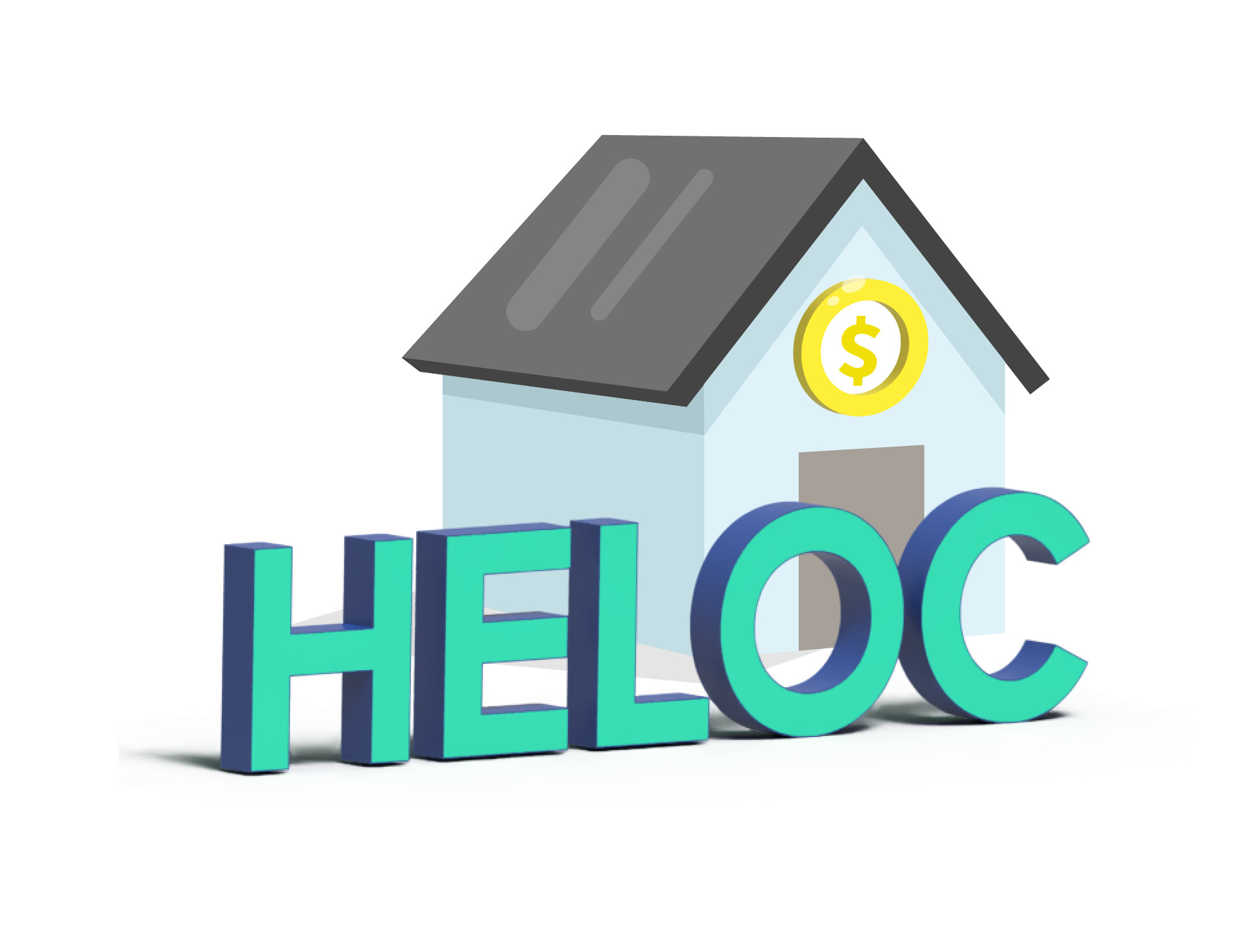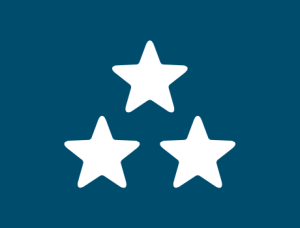
Quicklinks
Top Results

When home values are increased, you may be wondering if now is the time to sell. For some, the answer is yes. For others, it’s a chance to stay put and avoid the competition of finding a new home. Whether you decide to stay or sell, experts advise homeowners to keep home equity in mind as an available tool in your financial toolbox.
“The value of your home is often your biggest asset,” said Kenneth Williams of Civic Credit Union. “Homeowners are in a unique position to create a safety net for themselves using the equity in their home.”
Home values and HELOCs
Home equity lines of credit, or HELOCs are revolving credit, similar to a credit card. You only pay for what you use. Because of this, many homeowners choose a safety net strategy. That is, to tap into the value of their home now to have funds available – should they need them.
According to Williams, there are a variety of ways people use a HELOC. “Some people use it as a safety net, others use it to roll debt into a new, lower rate or to pay down high-interest credit cards or loans,” said Williams. “Others use the money to make home improvements, or purchase a second home, pay for medical expenses or buyout a spouse in the case of divorce.”
Creating a safety net
Having a safety net available to you may be worth considering. If you think a HELOC may be right for you, here are a few things to know about them.
“We have seen an uptick in HELOC inquiries this year, for sure,” said Williams. “Really, the pandemic has made us all more resourceful, and helped us to focus on the resources we already have. This includes the values of our homes. And it’s reminded us of the importance of creating safety nets.”
- Think of HELOCs as similar to a credit card. You only pay for what you use. In other words, if you don’t draw on them, you don’t owe anything.
- HELOCs can help you get out of high-interest loans or credit cards. Most credit cards have an average interest rate of 18 percent. According to Williams, rolling that into a HELOC at four percent can give you lower payments and save you a lot of money.
- The draw period term for some HELOCs (like this one) is 15 years, giving you a good length of time to have a safety net of funds for the ‘what ifs’ of life.
- Home improvements paid for with a HELOC qualify as a tax write-off. Consult with a financial, tax or accounting advisor for more information.
- HELOCs do show up on your credit. Home equity lines of credit are a revolving mortgage that is available to you when you need the funds.
- This option gives you a Loan-to-Value of up to 90 percent of your home’s value. This means you can get funding equal to 90 percent of the value of your home minus any current mortgage balances. For example, if your home is worth $200,000, your HELOC could provide you with access to approximately $180,000 minus any current mortgage balances.
“Really, the COVID-19 pandemic has made us all more resourceful, and helped us to focus on the resources we already have," said Williams. This includes the values of our homes. And it’s reminded us of the importance of creating safety nets.”




